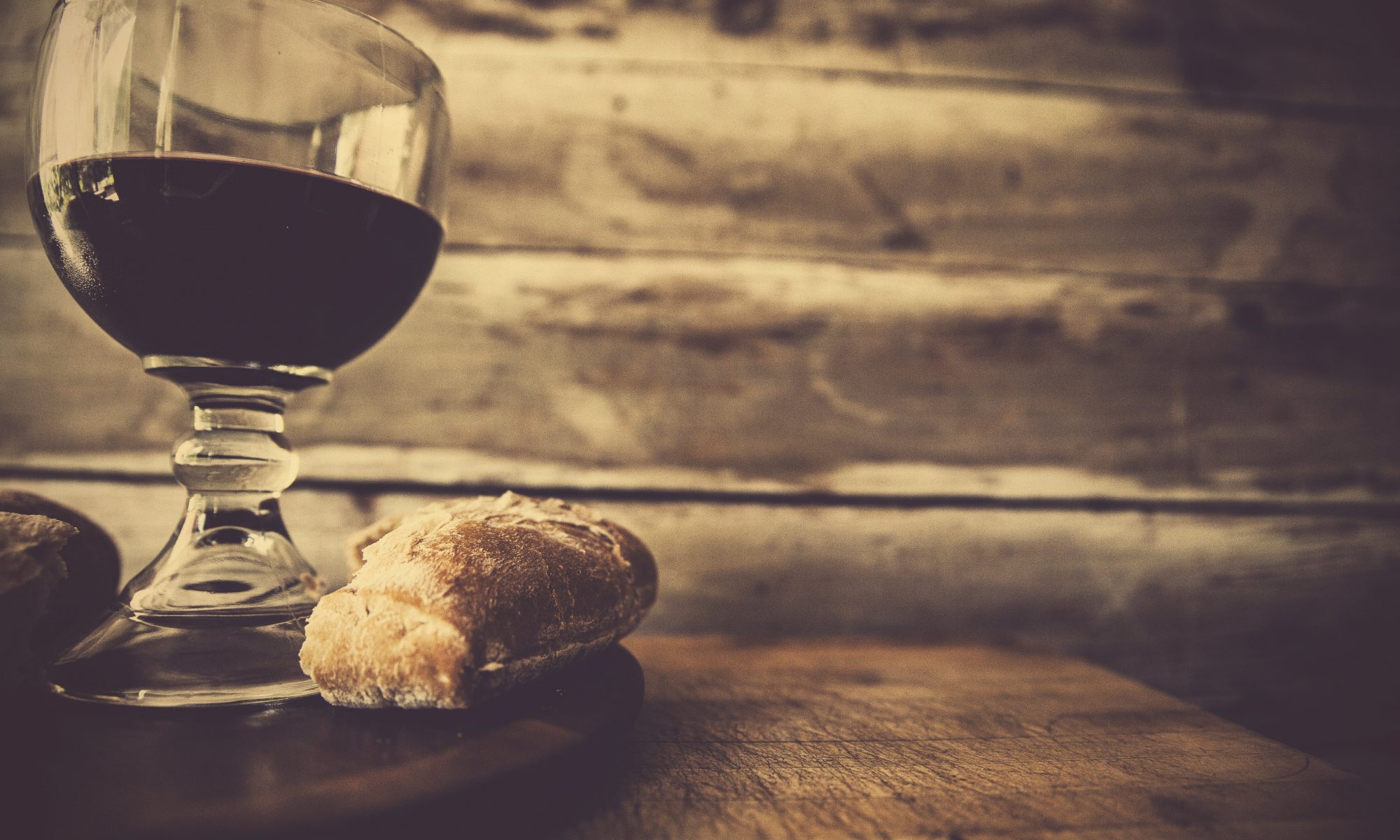Last month, we looked at our care for and the function of our church buildings, the secondary temple structures. This month we look at our care for the primary temple structures, our bodies built as living stones upon the cornerstone of the new temple, our Lord’s body.
At first glance, it looks like we spend a lot of time and money on caring for our bodies. The plethora of commercials selling fitness routines and equipment, healthy foods and diets, and medicines is overwhelming. There is good reason to take good care of our bodies — physically, emotionally and spiritually. However, to whose glory are the ads directed? Ours or God’s?
What if we approached care for our bodies from a different angle? Begin thinking about all the things we do to prepare our chancels and altars for Holy Communion. Think about all we do in worship when we receive our Lord’s body and blood. In both the preparations and the celebration we are careful to be reverent and to praise and glorify God. We try to keep our attention on Jesus, and his incredible gift of taking away our sin and giving us new life in him.
What if every morning as we clean and dress ourselves, we did it with the same thoughts and intentions as if we were preparing a chancel and altar for Holy Communion? Our bodies are temples of the Holy Spirit — the Triune God dwells within us and we in Him, so why not be just as careful and reverent in how we prepare our bodies daily to go out into the world?
What if each day as we feed and exercise our bodies, we think primarily of being well fed and well trained temples of the Holy Spirit? Why wouldn’t we spend as much time as possible in reading, meditating and praying in God’s Word? Jesus tells us, “‘Man shall not live by bread alone, but by every word that comes from the mouth of God’” (Matthew 4:4). Luther’s explanations in the Small Catechism of the third commandment and preparation for Holy Communion drive at the same point.
Conversely, think about all the things we would never think of doing in preparation for Holy Communion. Think about all the things we would never do in worship in or around the chancel. Our bodies are temples of the Holy Spirit, yet we do many things with our bodies that we would never do in our chancels. Why is it that we are so concerned with reverencing the sacred space and time in Holy Communion, and give little thought to reverencing the sacred space and time in our bodies the rest of the week?
What if each day in our homes, schools, neighborhoods and workplaces we thought of approaching our sisters and brothers in Christ with the same careful preparation and reverence as we approach our chancels? Think of all the things we would do and say in the presence of our Lord around his table, and then do the same with each other in Christ.
Conversely, think of all the things we would never say or do in our Lord’s presence in the chancel. Yet we say and do those things to other members of his body. We do it in our homes, schools, neighborhoods and workplaces. We do it in our church buildings, even on Sundays! Why is it that we interact with the living stones in the temple of our Lord’s body in ways that we would never think of interacting with him, the cornerstone?
Systematically segregating our presence with Jesus in the Lord’s Supper from the rest of our daily lives is unhealthy and dangerous. We will soon celebrate our Lord’s incarnation and will praise Him as Immanuel (God with us). Does our behavior bear witness to his constant presence with us and for us?
Next time we will focus on our interaction as temples of the Holy Spirit with the rest of our neighbors — the unchurched and those who do not have faith in Jesus.


